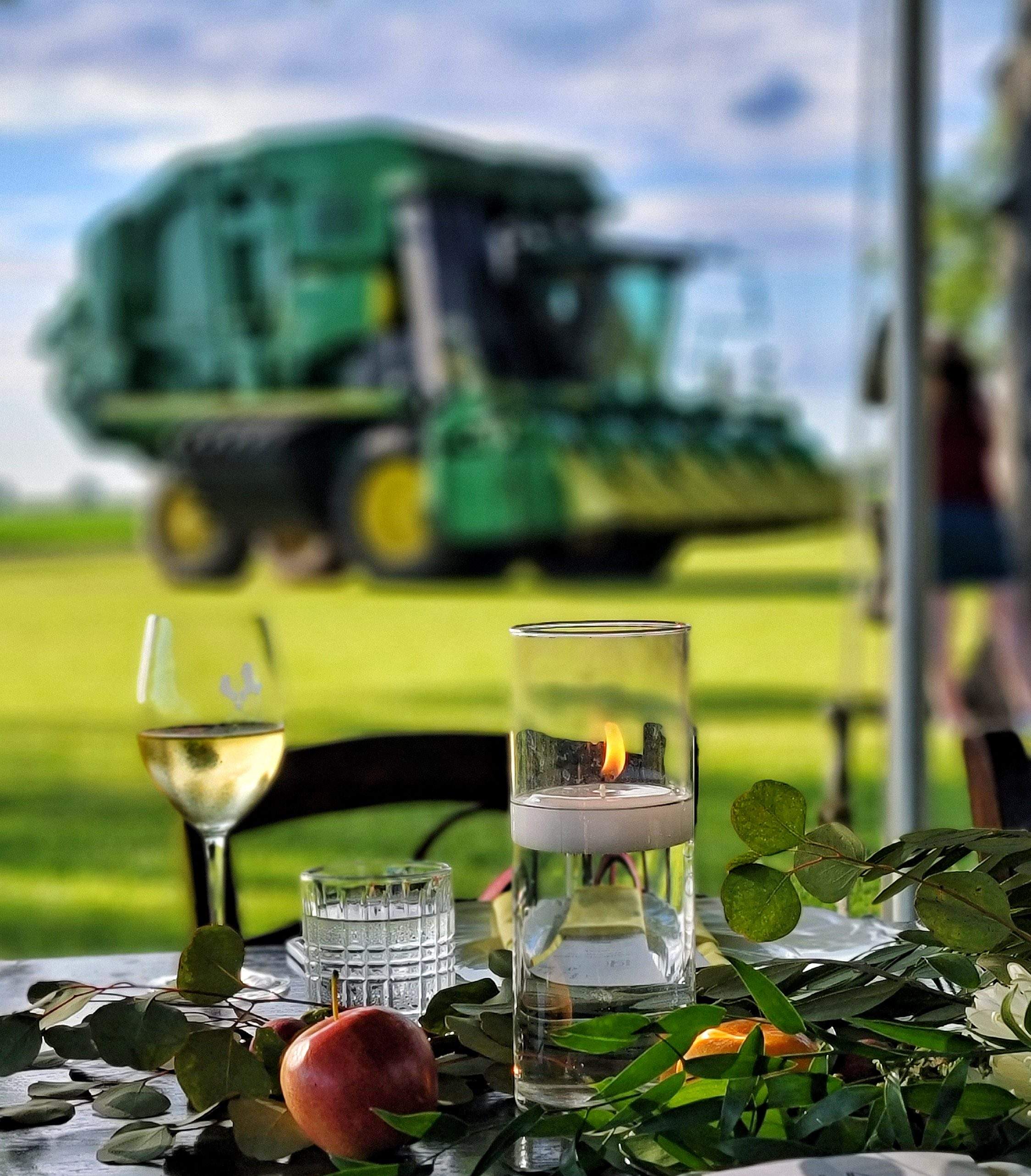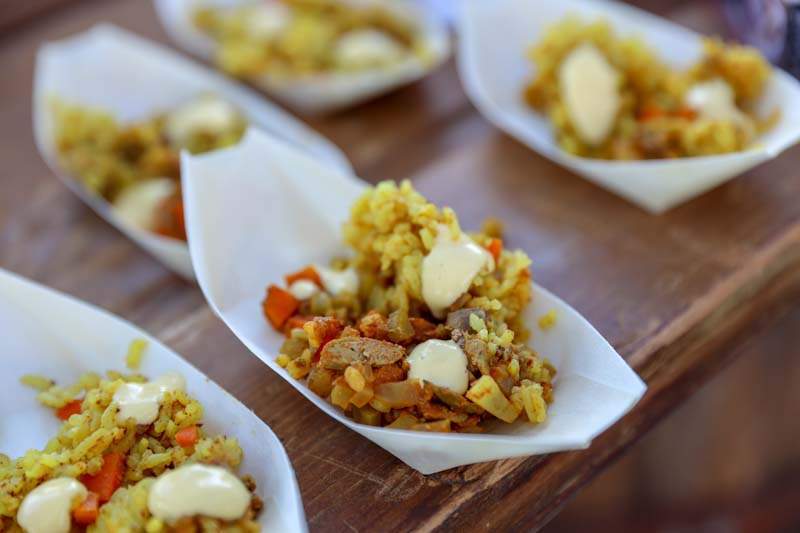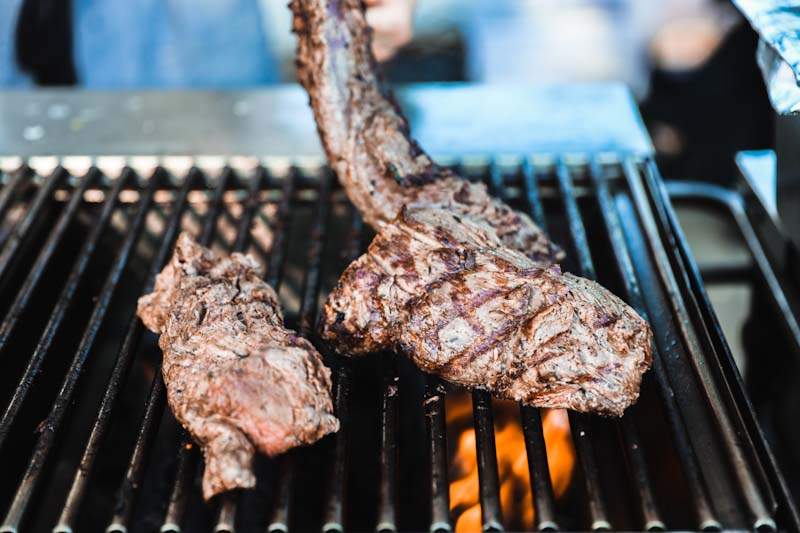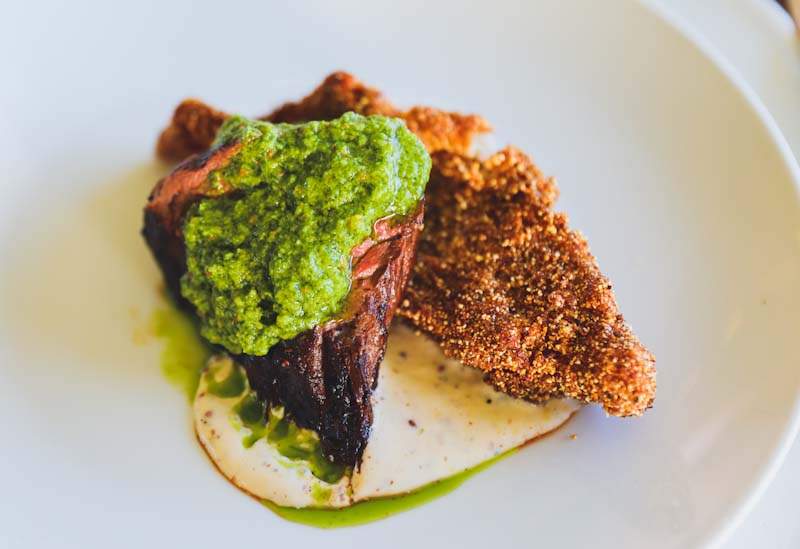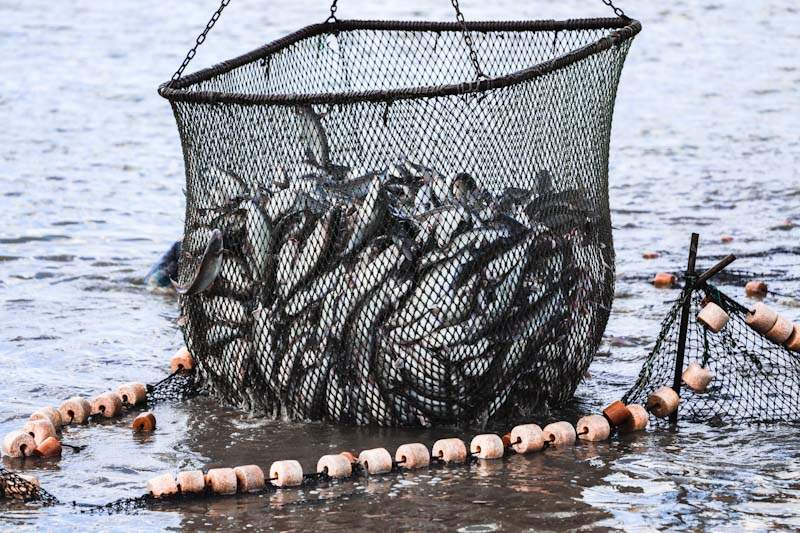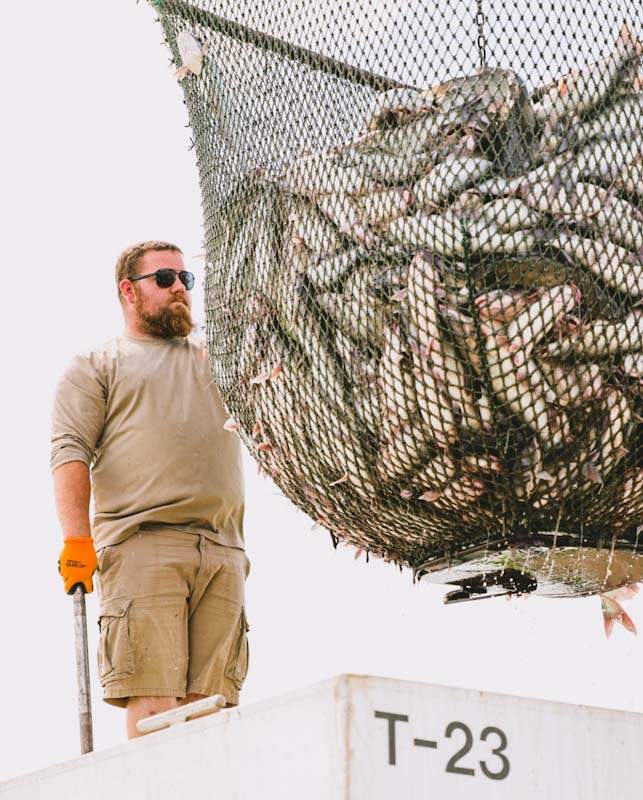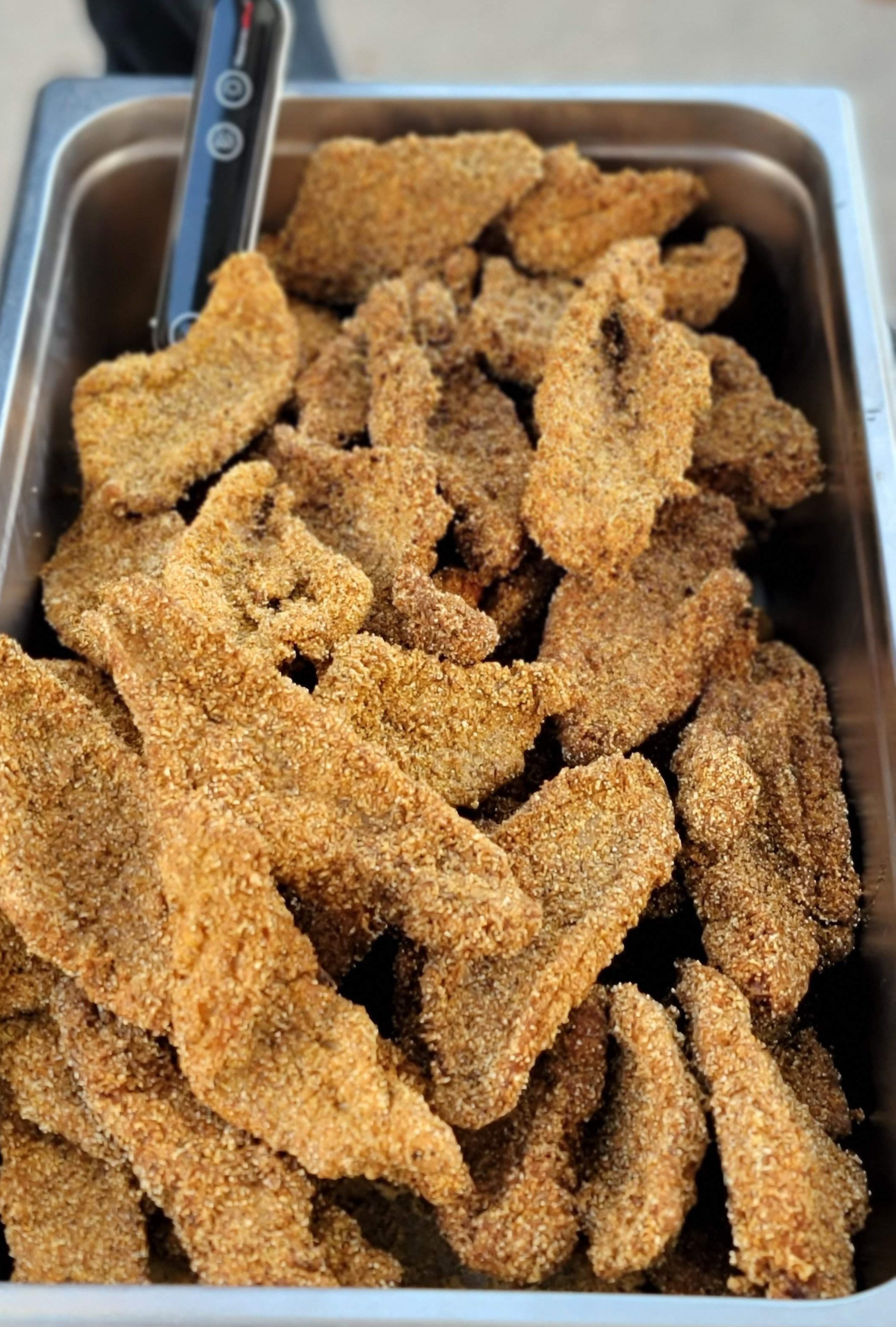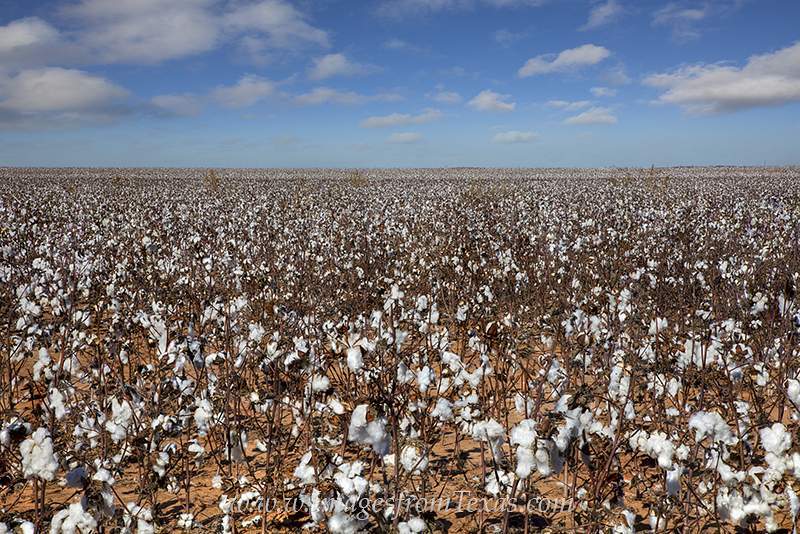Whether you live in a downtown Austin sky rise, modest home in the suburbs or an estate in the hill country, Texas agriculture plays an important role in all of our daily lives. We recently visited Wharton County to get a peek at how the highly skilled farmers use their innovative methods that plays an important role in the process of raising our food and caring for the land.
This post is sponsored by the Water Grows Initiative. All opinions are my own.
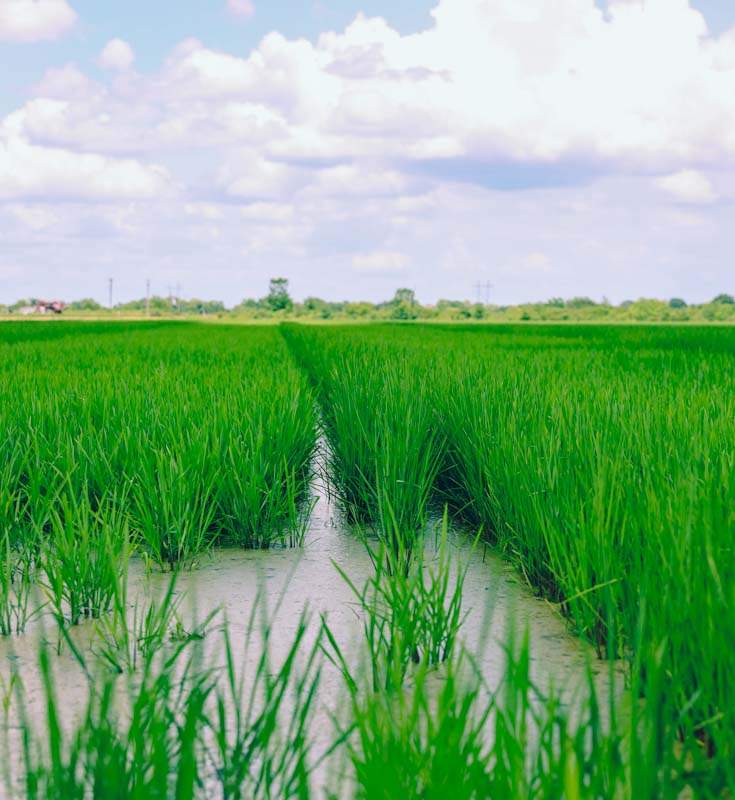
The farmers and ranchers near El Campo provide more than the products we eat, use and wear every day. The rich agriculture industry creates jobs for Texans, both directly and indirectly, while also enhancing the quality of the air and water we consume. In fact, Texas farmers have the ability to grow more crops with less water so we can preserve this precious resource for the future without sacrificing jobs and economic growth today.
Texas farmers and ranchers work hard to provide products we consume every day like corn, rice, fish, seafood, beer, wine, cotton and much more. The state’s vibrant agriculture industry creates jobs and grows more crops with less water so that we can save water for the future without sacrificing jobs and economic growth today!
On a recent visit to El Campo, we visited several farms, where they work to farm the products we use on a daily basis. These farmers work to grow successful crops and raise fish, but they also work to leave the land better for future generations.
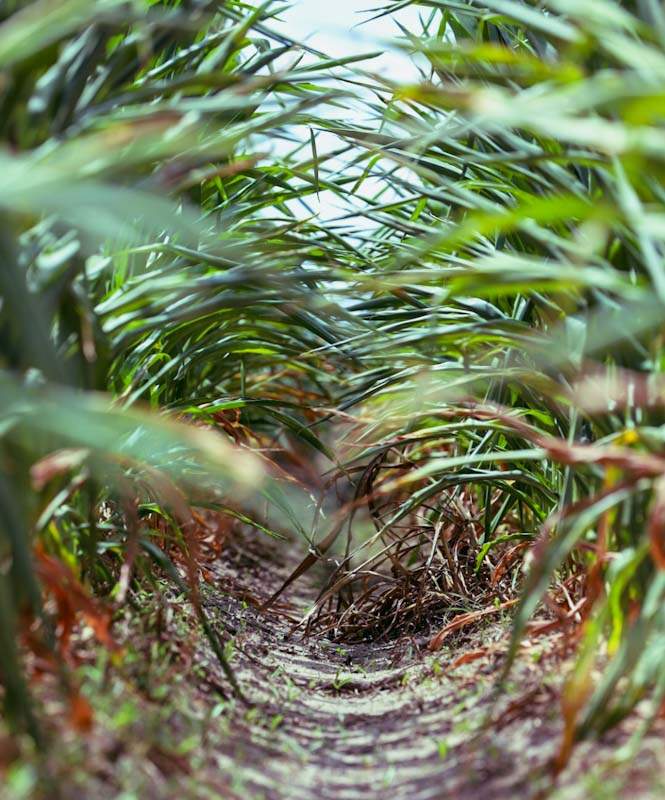
Texas Corn
Growing on more than 2 million acres, Texas corn farms yield around 105 bushels per acre. Texas corn ranks 12th in overall production of all other states in the nation. Texas farmers primarily grow field corn due to its versatility, which is then milled and converted and most often used to feed livestock. Corn is also used for ethanol production and converted to other manufactured goods such as corn syrup, yellow corn chips, cornstarch and much more. Sweet corn is the common full-kernelled, sweet and juicy flavored product sold in cobbs or in husks that most of us purchase in the produce section of the local market.
Representing a vital part of Texas agriculture, Texas Corn Producers (TCP) serves the state’s corn farmers through the Texas Corn Producers Board, and the Texas Corn Producers Association (TCPA). The TCP participates in a number of educational programs at state and national levels, to promote the awareness of the importance of corn to the state’s economy. Together with other state and national industry partners they work to develop and maintain market opportunities for Texas farmers through corn and corn product export markets and domestic uses.
Texas Rice
Believe it or not, Texas is one of the largest producers of rice in the United States, ranking 5th among other states. Southeast Texas hosts more than 230,000 acres of rice fields, which means most of the rice you’ll find in your local HEB or grocery store most likely comes from Texas.
A vast majority of the state’s rice crop is long grain rice, accounting for more than $140 million to the state economy. Long grain is among the most versatile rice crops, offering a distinct shape and texture which is most commonly used in the traditional southern recipe favorites we enjoy.
With water shortages and droughts over recent years, Texas has seen a decrease in rice acres and production, but as an advocate to Wharton County rice farms, USA Rice is the global advocate for all segments of the U.S. rice industry, with a mission on promoting a healthy product by advocating on behalf of farmers and rice millers.
Texas Cattle
It’s no secret that we Texans have a long historic love with beef. From the beef we use in our kitchens to the use for the production of other products like leather, soap, deodorant, biodiesel and much more, cattle play a vital role in Texas agriculture. Texas is number one in beef cattle production in the United States, raising more than 4.6 heads of cattle per year, which accounts for a large part of the 30 million raised nationwide. Texas is home to 248,800 cattle farms and ranches, covering more than 130 million acres.
Texas Fish & Seafood
Southeast Texas offers the most ideal weather conditions for seafood farming. Reed Bowers, of Homegrown Seafood, and his father started raising Pacific White Shrimp in 1989. In 2011, Reed and his wife Lynn purchased the farm and expanded their work to also raise catfish and eventually redfish. Today, in partnership with Reed’s sister and brother-in-law, John and Amanda Saha, they’ve created Bowers & Saha Aquaculture, making them the highest quality seafood farmers in Southeast Texas.
During our Field to Fork tour, we caught a glimpse of their impressive catfish farm and learned about their feeding habits and how they collect the fish during harvest. These catfish eat a nutritionally complete feed made with soybean protein along with essential vitamins and minerals to offer the best opportunity for growth and health. After harvest, the fish are shipped live across Texas where they eventually arrive at various distribution centers and fish markets. The result is a clean, high-quality fish that is full of flavor for Texans to enjoy.
- Texas Cotton Ready for Harvest
Texas Cotton
Believe it or not, cotton plays an immensely important role in our lives, beyond the development of our clothing. Texas cotton plays a vital role in the state’s economy producing more than 125,000 jobs and billions of dollars in annual revenue. About 40% of the nation’s cotton crop comes directly out of Texas farms, part of which is grown and milled in Wharton County. One bale of cotton can be used to make hundreds of pieces of clothing and linens from jeans, bed sheets, diapers and even dollar bills. In addition to linens, cotton is also used to make cotton seed oil which is used for cooking. Photo by Rob Greebon photography via Images from Texas
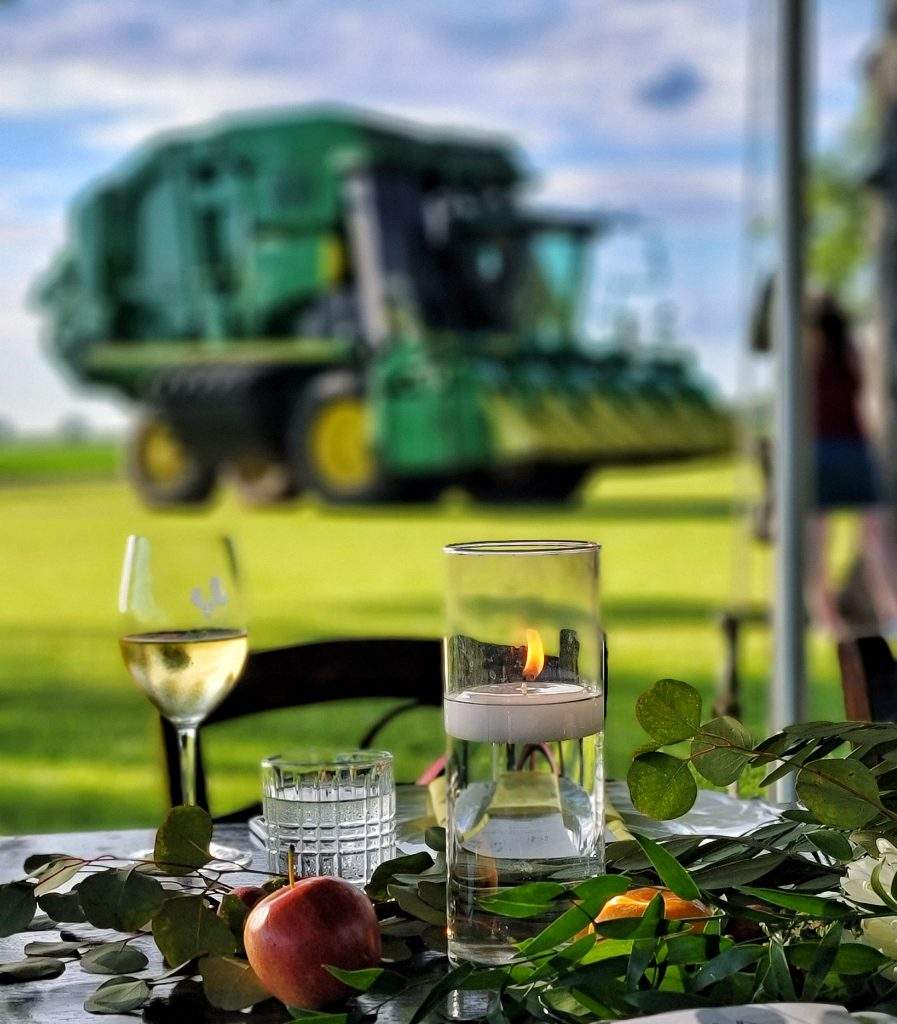
Beer & Wine
Based in the heart of Richmond, Braman Winery & Brewery runs on the deep rooted philosophy that serves independent pioneers superior beer and wine made with Texas values, for Texans willing to pursue their dreams. The brewery utilizes top of the line malts and hops to produce five beer offerings including a Reserve IPA, pilsner, Kölsch, stout and a blonde lager. They’re dedicated to providing the most exceptional hand-crafted beer in Southeast Texas, led by their German-trained, accredited and highly experienced Brewmaster.
The Braman Winery is led by rancher and winemaker Joe Braman, who has family history and deep roots in the heart of south Texas. He’s also a trained chef, who gained his passion for cooking from his mother. The winery offers wines using grapes from New Mexico, California, Spain and Greece which are harvested at the optimum time to yield the highest quality juice possible. The wines are aged in French Oak, to develop unique aromas and tastes that please the finest palette.
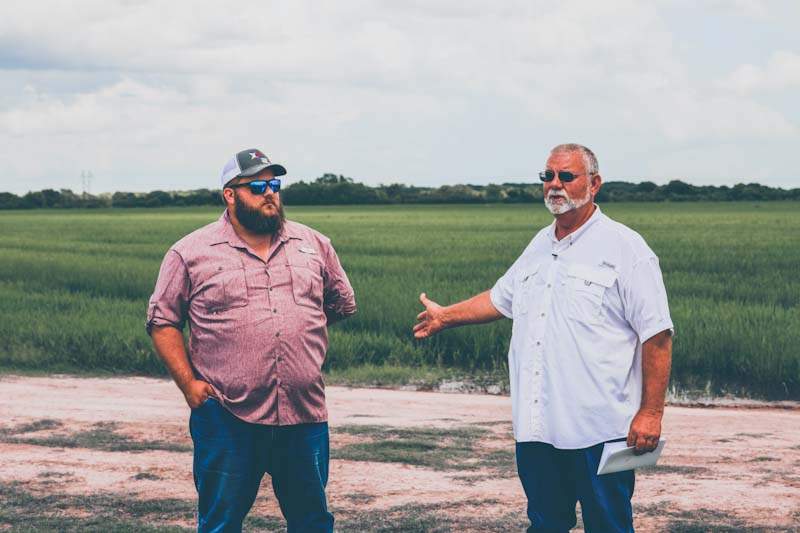
It’s fascinating to think about how many people are fed, clothed and employed throughout state using the products that are grown from all of the farms in Wharton County and around Texas. The next time you purchase a brand new cotton shirt, grill a steak, eat popcorn, or host a fish fry, keep in mind that it’s most likely coming from the hard working farmers in the region. Their efforts to conserve water and other natural resources will continue to produce quality crops, produce and food for Texans and Americans across the country for generations to come.

